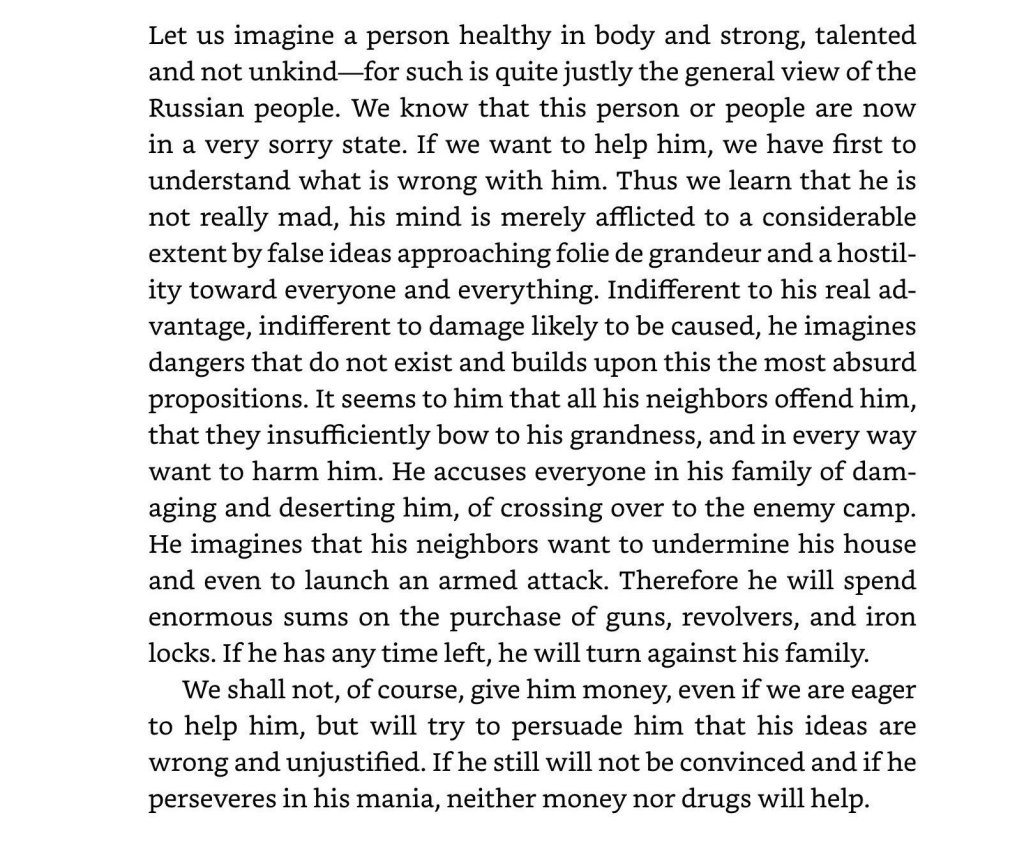Zygmunt Bauman, the greatest philosopher of the 21st century, died a few years ago. That’s an enormous loss because nobody even came close to explaining the current moment as well as Bauman did twenty years before it came.
I’ve been looking everywhere, and the best I’ve found so far is the German-Korean philosopher Byung-Chul Han. I’m reading his book No-Things and I wanted to share some thoughts. Before I begin, a little disclaimer: I only read Han in Spanish translation. I have no idea which of his works have been translated into English. Spain is about 15 years ahead of the US in both the development of its neoliberalism and the rise of a real resistance to it. Byung-Chul Han is massively popular in Spain because, instead of the vapid onanism of who slapped whom at the Oscars and which rich dude is buying Twitter, people are actually trying to figure things out.
Han says that in the Middle Ages people lived in the world of magic. There was constant contact between the immaterial world of the spirits and the material reality of people’s daily lives. If you want an easy way of understanding what this means, think of García Márquez’s A Hundred Years of Solitude where a dead dude sits under his favorite tree long after kicking the bucket and nobody cares. García Márquez was writing about a pre-industrial semi-feudal society that never modernized and never shut the door to the world of spirits.
Once the Industrial Revolution came, the spirits were out, religion was dead (meaning it was no longer the defining experience of everybody’s life), and we all moved into the world of things. There isn’t much magic in the world of things but at least its real. Things ground us in reality. They keep us attached, and attachment keeps us sane.
Once deindustrialization hit (and with it the post-nation state), the world of things began to be substituted by the world of flows. Remember the WEF’s “you’ll own nothing and be happy”? The world of flows offers a completely new understanding of a human being. The new human isn’t about being or having. It’s about going through experiences. And these experiences aren’t even valuable for their own sake or for what they help you feel or see. The experiences are almost invariably about having something to put on social media. We are supposed to sacrifice attachment, friendship, family, locality, even the favorite objects that we’ve had for decades, and for what? To provide more sellable data to Instagram.
